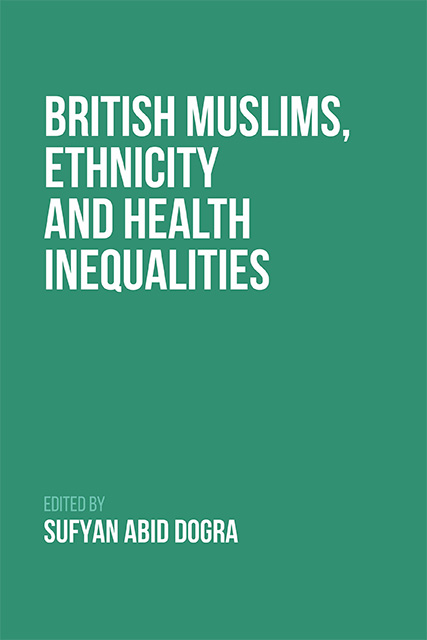6 - Caring for Muslim Patients and Families at the End of Life: Empirical Research Analysing the Perspectives of Service Users and Providers
Published online by Cambridge University Press: 18 October 2023
Summary
Introduction
Before beginning an investigation into the particular needs of Muslim patients at the end of life, it is important to acknowledge what all people share in common. A defining characteristic of the human condition is to be faced with the knowledge that each of us will die. Death brings suffering, both because of the severance of relationship it inevitably entails, but also because of the physical and psychological challenges that individuals face as the body declines (Salinsky 2002). Although medicine has done much to ease this suffering, it cannot prevent all suffering. Furthermore, as technology advances, so choices increase, and more questions without simple answers are generated, such as whether or not to artificially hydrate or sedate patients at the end of life (Steinhauser et al. 2000), or whether or not to allow suffering individuals to be assisted to end their own lives by choice (Warnock and Macdonald 2009).
The challenges and choices faced at the end of life bring a person’s values into sharp relief. For Muslims, Islam’s normative sources (the Qur’an and the tradition of the Prophet Muhammad) are the source of ultimate authority from which the values that guide the end of life choices and behaviour derive. Muslims carry these commitments within not just their private sphere, but also the public space, including the healthcare setting. Understandings about death and dying, within the palliative and end-of-life care context, require Muslim patients and families to carefully consider their religious and cultural values. For others within that context, such as healthcare professionals with varying sources of ultimate authority, their deliberations will be influenced by other faith values and/or other sources. In the predominant secular model of democratic society, this authority lies with individuals and the laws and guidelines that their communities create.
From here a paradox arises. Humans are the same; all face suffering and death. All need values to navigate the difficult choices and events that are faced at the end of life. However we are also different. We live within different paradigms, from which values emerge, and at least some of those values differ from one another.
- Type
- Chapter
- Information
- British Muslims, Ethnicity and Health Inequalities , pp. 124 - 146Publisher: Edinburgh University PressPrint publication year: 2023



